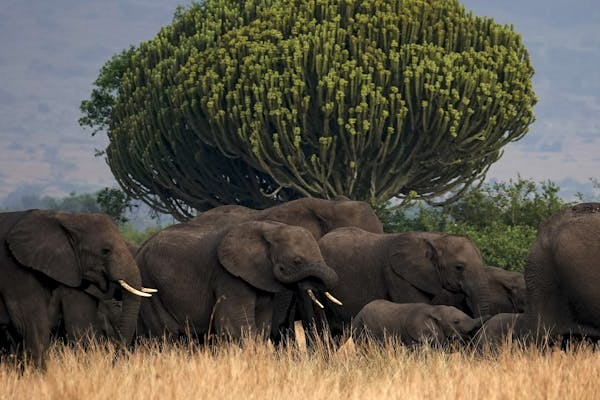Does anyone really want to hear about the fish you saw while snorkeling in Bermuda? Or the treasures of the Louvre in Paris, or the magic of the Costa Rican rain forest?
No, they want to know about the food poisoning that left you hallucinating in your hotel room in Istanbul.
The best travel stories happen when things go wrong.
I was reminded of this in August, when I embarked on a trek through the misty Rwenzori Mountains in Uganda. I had paid handsomely for an outfitter to carry my stuff and cook my meals in mountain huts, but I had never been to such lofty altitudes before.
After two days of an exhausting climb, a 6,500-foot vertical gain over slippery rocks and through deep mud, my body was in full revolt. The oxygen deprivation left me weak, nauseated and exhausted yet unable to sleep. On the third morning, I climbed to approximately 13,000 feet. And then I stopped.
This is my vacation, I kept thinking. What if I get stranded even higher up? Did I want to be rescued by helicopter, which they informed me would cost $10,000 per hour?
Other travel low points came to mind. There was that food poisoning years ago in Turkey, when the call to prayer from nearby minarets entered my feverish dreams. The attempted mugging in Costa Rica when someone squirted mustard on my leg. The backpacking fiasco in New Hampshire when I was trapped in a tent for two days during a blizzard. In August.
When you relate these mishaps to those back home, it's understood that there's a happy ending. After all, you're there to tell the tale, and your listener is going to hear how you prevailed through this mighty test of character.
On that peak in Uganda, I shed some tears, cut short my trek, walked out of the mountains and found an alternative pastime, which you can also read about here. I felt instantly better, and it wasn't just the oxygen. Now I could tell everyone about it.
Contact me at james.shiffer@gmail.com. Travel Editor Kerri Westenberg will return next week.

The 5 best things our food writers ate this week

A Minnesota field guide to snow shovels: Which one's best?

Summer Camp Guide: Find your best ones here

Lowertown St. Paul losing another restaurant as Dark Horse announces closing

